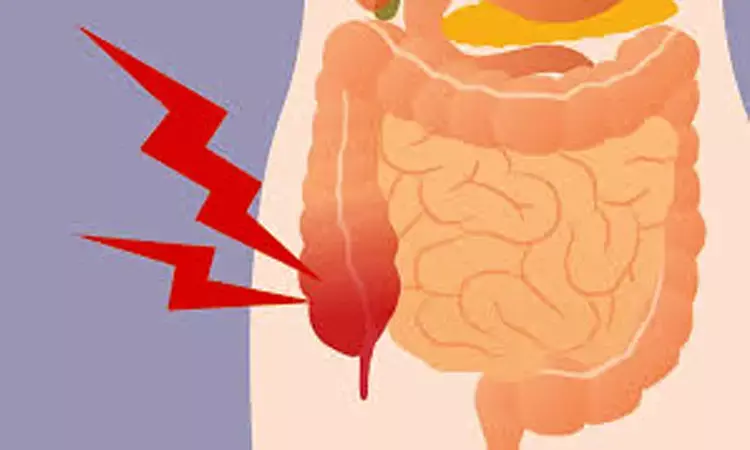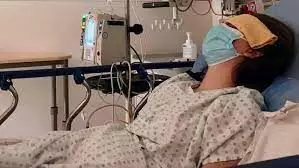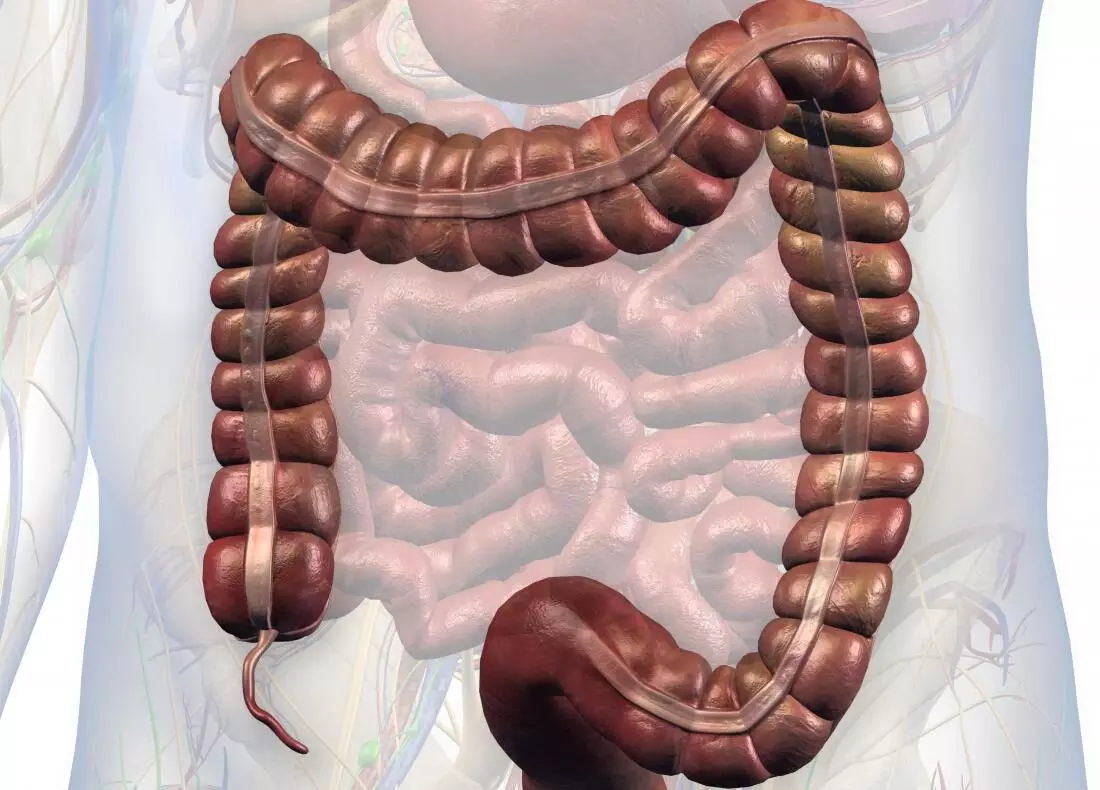- Home
- Medical news & Guidelines
- Anesthesiology
- Cardiology and CTVS
- Critical Care
- Dentistry
- Dermatology
- Diabetes and Endocrinology
- ENT
- Gastroenterology
- Medicine
- Nephrology
- Neurology
- Obstretics-Gynaecology
- Oncology
- Ophthalmology
- Orthopaedics
- Pediatrics-Neonatology
- Psychiatry
- Pulmonology
- Radiology
- Surgery
- Urology
- Laboratory Medicine
- Diet
- Nursing
- Paramedical
- Physiotherapy
- Health news
- Fact Check
- Bone Health Fact Check
- Brain Health Fact Check
- Cancer Related Fact Check
- Child Care Fact Check
- Dental and oral health fact check
- Diabetes and metabolic health fact check
- Diet and Nutrition Fact Check
- Eye and ENT Care Fact Check
- Fitness fact check
- Gut health fact check
- Heart health fact check
- Kidney health fact check
- Medical education fact check
- Men's health fact check
- Respiratory fact check
- Skin and hair care fact check
- Vaccine and Immunization fact check
- Women's health fact check
- AYUSH
- State News
- Andaman and Nicobar Islands
- Andhra Pradesh
- Arunachal Pradesh
- Assam
- Bihar
- Chandigarh
- Chattisgarh
- Dadra and Nagar Haveli
- Daman and Diu
- Delhi
- Goa
- Gujarat
- Haryana
- Himachal Pradesh
- Jammu & Kashmir
- Jharkhand
- Karnataka
- Kerala
- Ladakh
- Lakshadweep
- Madhya Pradesh
- Maharashtra
- Manipur
- Meghalaya
- Mizoram
- Nagaland
- Odisha
- Puducherry
- Punjab
- Rajasthan
- Sikkim
- Tamil Nadu
- Telangana
- Tripura
- Uttar Pradesh
- Uttrakhand
- West Bengal
- Medical Education
- Industry
Antibiotics Effective Alternative to Surgery for Acute Appendicitis. reveals breakthrough Study

In a groundbreaking study conducted at Sahlgrenska University Hospital, researchers have unveiled a game-changing approach to the treatment of acute appendicitis, challenging the conventional "wait and see" observation method. The study, involving 126 carefully selected patients, evaluated the effectiveness of early antibiotic treatment as superior compared to active in-hospital observation for the spontaneous regression of acute appendicitis.
The study was published in the journal Surgery.
The administration of antibiotics to patients with acute appendicitis, regardless of specific selection criteria, has been deemed both safe and efficacious. Yet, uncertainties persist regarding the potential for early antibiotic provision to constitute overtreatment, given the possibility of spontaneous healing of appendix inflammation. This study seeks to address this ambiguity by examining the comparative impact of antibiotic treatment and active in-hospital observation on the natural regression of acute appendicitis.
Individuals seeking urgent medical attention at Sahlgrenska University Hospital underwent block randomization based on age (18-60 years) and systemic inflammation criteria (C-reactive protein <60 mg/L, white blood cell <13,000/μL). This process also considered the clinical and abdominal characteristics associated with acute appendicitis. Study participants were subjected to a treatment plan involving both antibiotic administration and active observation. Conversely, control group patients were assigned to the traditional "wait and see observation" approach, allowing for either the natural regression of the condition or the indication for surgical exploration.
Certified surgeons, following established surgical protocols, made the crucial decisions regarding the necessity and timing of appendectomy. A comprehensive screening process was conducted, involving a total of 1,019 patients assessed for eligibility. Among them, 203 met the inclusion criteria, leading to the acceptance of 126 participants. However, 29 individuals opted not to participate, and 48 were inadvertently excluded from the study.
Findings:
- At the outset, both groups were comparable in terms of demographics and clinical presentation. However, the study revealed a stark contrast in outcomes.
- Appendectomy at the first hospital stay was a mere 28% for the antibiotic group, whereas the control group saw a significantly higher rate of 53%.
- This marked disparity in surgical intervention prompted the researchers to conduct a life table analysis, revealing a time-dependent difference in the need for appendectomy during the extended follow-up period (P < .03).
- Throughout follow-ups spanning from 5 to an impressive 1,200 days, antibiotics demonstrated a substantial advantage, reducing the incidence of surgical intervention by 72% to 50%. In contrast, the control group exhibited lower rates of prevention, with a range of 47% to 37%.
The findings challenge the traditional approach to acute appendicitis, paving the way for a paradigm shift in treatment strategies. Early antibiotic treatment emerges as a superior alternative to the conventional "wait and see observation" method, offering a safe and effective means of avoiding surgical exploration and appendectomy.
This breakthrough could have far-reaching implications for the medical community, reshaping the standard of care for acute appendicitis and potentially sparing countless patients from unnecessary surgeries. As the medical field continues to evolve, this study provides a significant contribution toward more tailored and less invasive treatment options for a common abdominal emergency.
Further reading: Iresjö BM, Blomström S, Engström C, Johnsson E, Lundholm K. Acute appendicitis: A block-randomized study on active observation with or without antibiotic treatment. Surgery. Published online January 12, 2024. doi:10.1016/j.surg.2023.11.030
BDS, MDS
Dr.Niharika Harsha B (BDS,MDS) completed her BDS from Govt Dental College, Hyderabad and MDS from Dr.NTR University of health sciences(Now Kaloji Rao University). She has 4 years of private dental practice and worked for 2 years as Consultant Oral Radiologist at a Dental Imaging Centre in Hyderabad. She worked as Research Assistant and scientific writer in the development of Oral Anti cancer screening device with her seniors. She has a deep intriguing wish in writing highly engaging, captivating and informative medical content for a wider audience. She can be contacted at editorial@medicaldialogues.in.
Dr Kamal Kant Kohli-MBBS, DTCD- a chest specialist with more than 30 years of practice and a flair for writing clinical articles, Dr Kamal Kant Kohli joined Medical Dialogues as a Chief Editor of Medical News. Besides writing articles, as an editor, he proofreads and verifies all the medical content published on Medical Dialogues including those coming from journals, studies,medical conferences,guidelines etc. Email: drkohli@medicaldialogues.in. Contact no. 011-43720751




